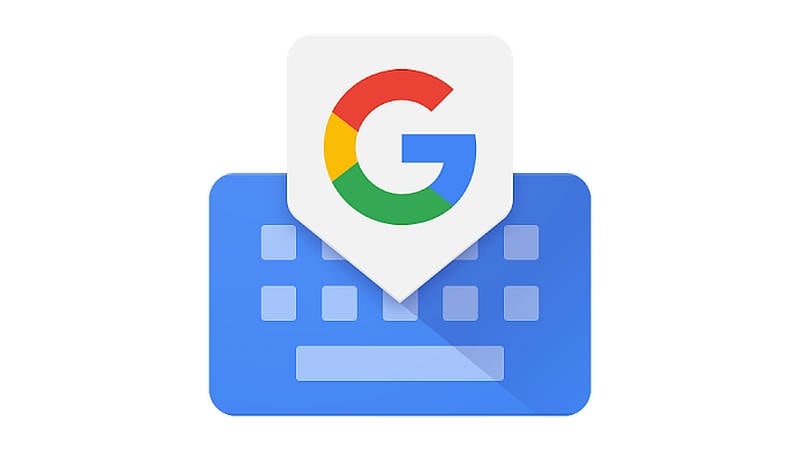Google is working on bringing a new ‘Undo’ button to its Android keyboard GBoard, that will help users type better by adding the ability to bring back deleted text. According to a report, GBoard will be getting a new ‘Undo’ button that will work in a manner similar to desktop operating systems. The feature is currently being tested and is available in the latest GBoard beta version, but it remains unclear as to when it will be rolled out to the public.
First reported by 9to5Google, the feature according to developer rkbdi (shared by Akos Paha) is currently live in the new GBoard beta, but has been placed under a disabled flag. The feature is said to appear in GBoard’s overflow buttons in Settings. But since Google recently enabled the ability to customise what users want to see in this overflow menu, it can be brought up a level higher, making it slightly easier to access. Of course, its final implementation could appear a lot differently and in a more user-friendly and accessible manner.
As for what it does, the new button on the virtual keyboard like on other desktop operating systems will reportedly let users basically perform a “Control+Z” or “Command+Z” function, which basically undo’s things and can bring back deleted text that was recently typed into a text field. The same was showcased in the video demo with the user simply hitting the ‘Undo’ button from the overflow menu, to bring back text that was recently typed in, but then deleted.
According to 9to5Google, the search giant is reportedly adding this functionality systemwide, so it will basically work pretty-much anywhere you can type using GBoard. This could be from a text field in the search bar or in a third-party app as well, provided one is using the GBoard app as their default keyboard.
While the ‘Undo’ button on GBoard is new, the undo feature isn’t. Google has been offering undo and redo buttons in most of its Workspace apps including its note-taking app called Keep.
Earlier this year, Google introduced a new and customisable toolbar. This lets users customise the toolbar, which appears above the keyboard, as per their requirements by simply dragging and dropping the features they need and use the most from the overflow menu. The update also allowed users to remove the voice typing microphone button from the toolbar if it wasn’t required.

